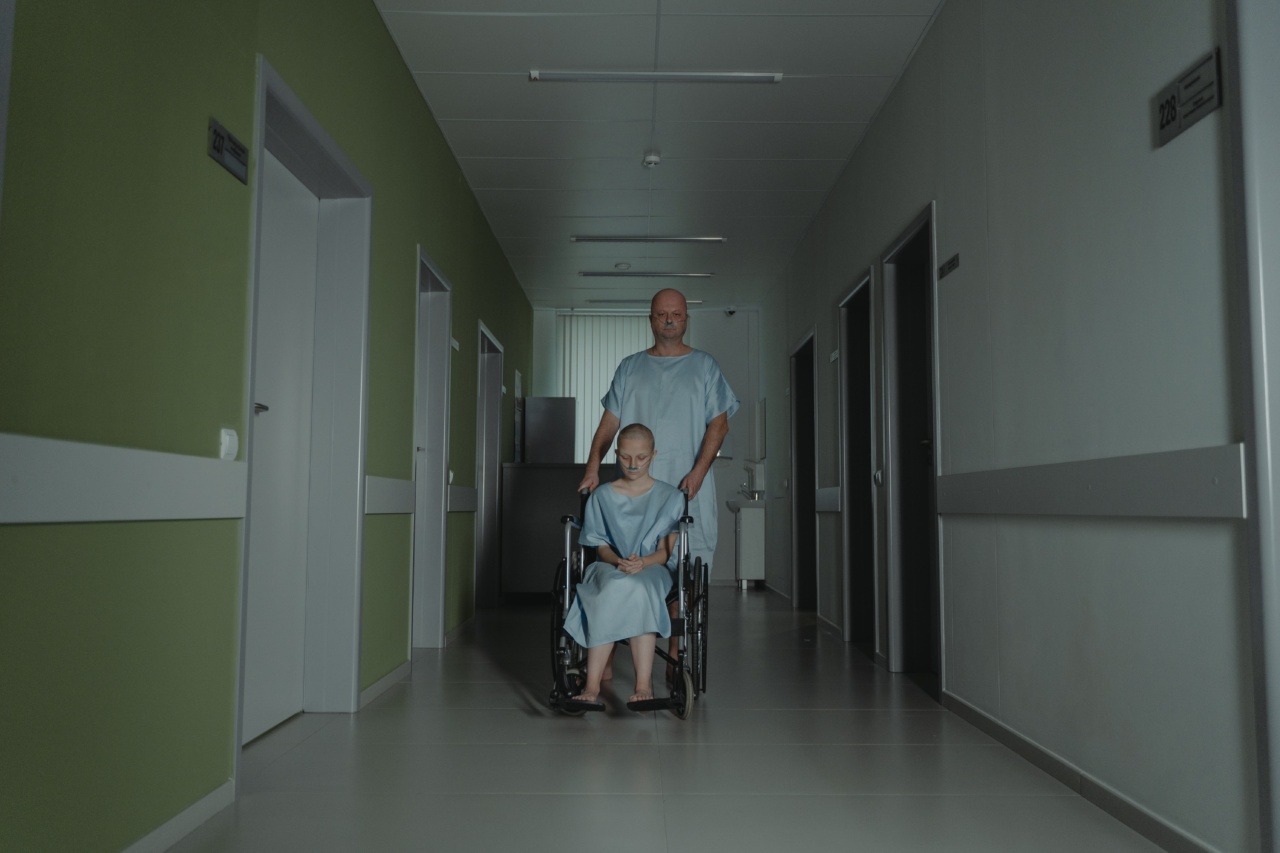Loneliness is a pressing issue that affects people of all ages and demographics. However, recent studies have found a noteworthy correlation between loneliness and cancer in middle-aged men.
This article explores the connection between these two seemingly unrelated factors and delves into the potential underlying mechanisms.
The Prevalence of Loneliness
Loneliness is not uncommon in today’s fast-paced and digitally-driven society. With increasing levels of social isolation, middle-aged men often find themselves grappling with feelings of loneliness and disconnection.
This sense of solitude can be particularly prevalent during major life transitions like divorce, career changes, or the empty nest syndrome when children leave home.
The Impact on Physical Health
Loneliness does more than just affect mental well-being; it can have significant implications for physical health too.
Research has consistently shown that loneliness is associated with a range of health issues, including cardiovascular diseases, high blood pressure, and compromised immune function.
While scientists are still exploring the precise mechanisms, chronic loneliness is believed to induce physiological stress responses that weaken the body’s defense systems, making individuals more susceptible to various diseases, including cancer.
The Role of Chronic Inflammation
One potential link between loneliness and cancer is chronic inflammation. Studies have found that lonely individuals often exhibit higher levels of inflammatory markers in their blood.
Chronic inflammation is a phenotypic trait of many cancers, including lung, colon, and prostate cancer. It is hypothesized that loneliness triggers an inflammatory response, which, over time, can promote cancer development and progression.
The Impact of Stress and Behaviors
Loneliness is known to cause chronic stress, which can have detrimental effects on the body. When individuals are lonely, their stress levels tend to remain consistently high, leading to the dysregulation of stress hormones like cortisol.
This prolonged stress response can compromise the immune system, making it harder for the body to fight off cancer cells.
Furthermore, lonely individuals may engage in unhealthy behaviors to cope with their emotions. This can include smoking, excessive alcohol consumption, poor diet choices, and a lack of physical activity.
These factors contribute to the development of cancer in middle-aged men and can exacerbate the negative effects of loneliness on overall health.
Social Support and its Importance
One potential way to mitigate the adverse effects of loneliness on cancer risk is through social support.
Strong social connections and meaningful relationships have been shown to have a protective effect against numerous health problems, including cancer. Studies have found that individuals with robust social networks tend to fare better physically and mentally, reducing the risk of developing cancer and aiding in recovery if diagnosed.
The Importance of Seeking Help
Recognizing loneliness as a significant risk factor for cancer among middle-aged men is crucial. It is essential to prioritize psychological well-being and address feelings of isolation promptly.
Seeking professional help, participating in support groups, engaging in hobbies or activities that foster social interactions, and reaching out to friends and family can be effective strategies for combating loneliness and reducing the associated cancer risks.
Conclusion
In conclusion, the link between loneliness and cancer in middle-aged men is a significant concern that warrants attention.
The connection appears to be mediated through various biological mechanisms, including chronic inflammation, stress, and unhealthy behavioral patterns. Recognizing the impact of loneliness on physical health and taking proactive steps to combat it can potentially reduce the risk of cancer and improve overall well-being.
Strong social connections and seeking appropriate support are crucial in mitigating the negative consequences of loneliness. By addressing this pressing issue, we can alleviate the burden of cancer and enhance the health and happiness of middle-aged men.






























